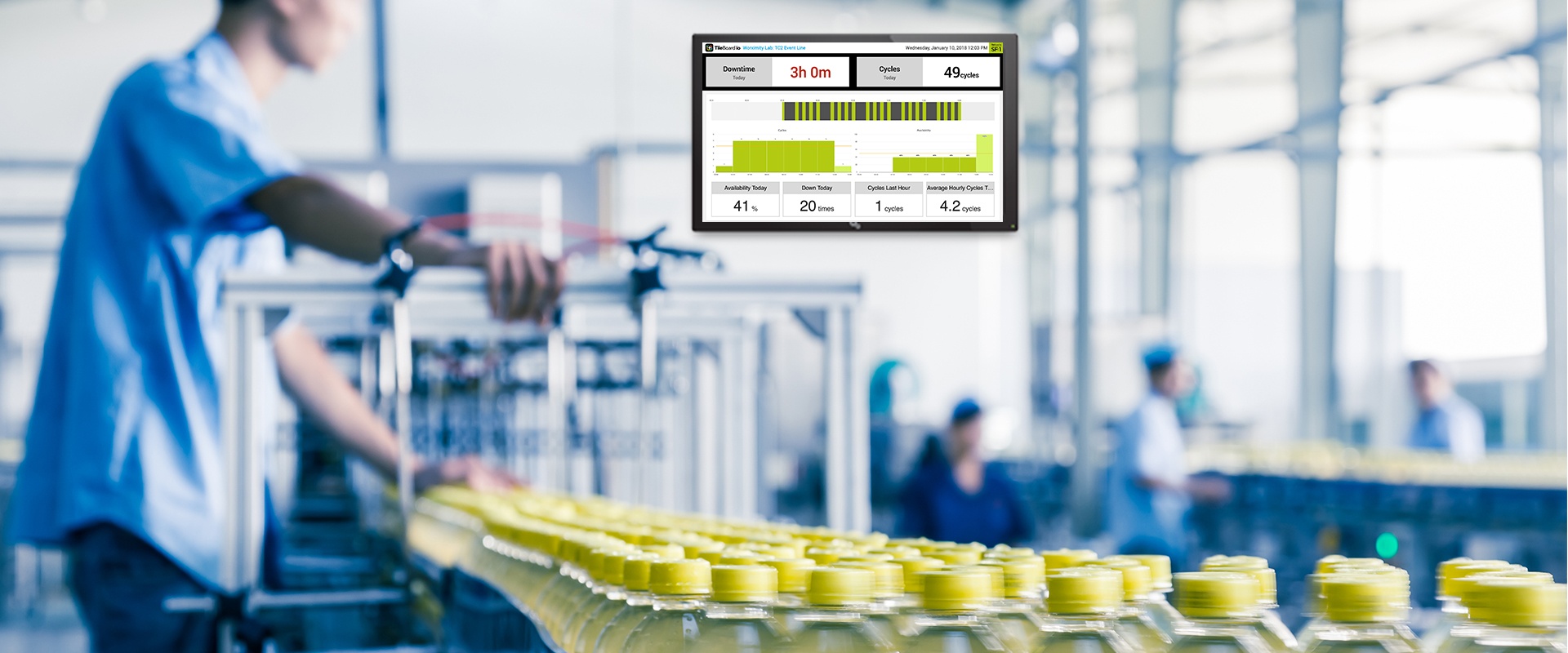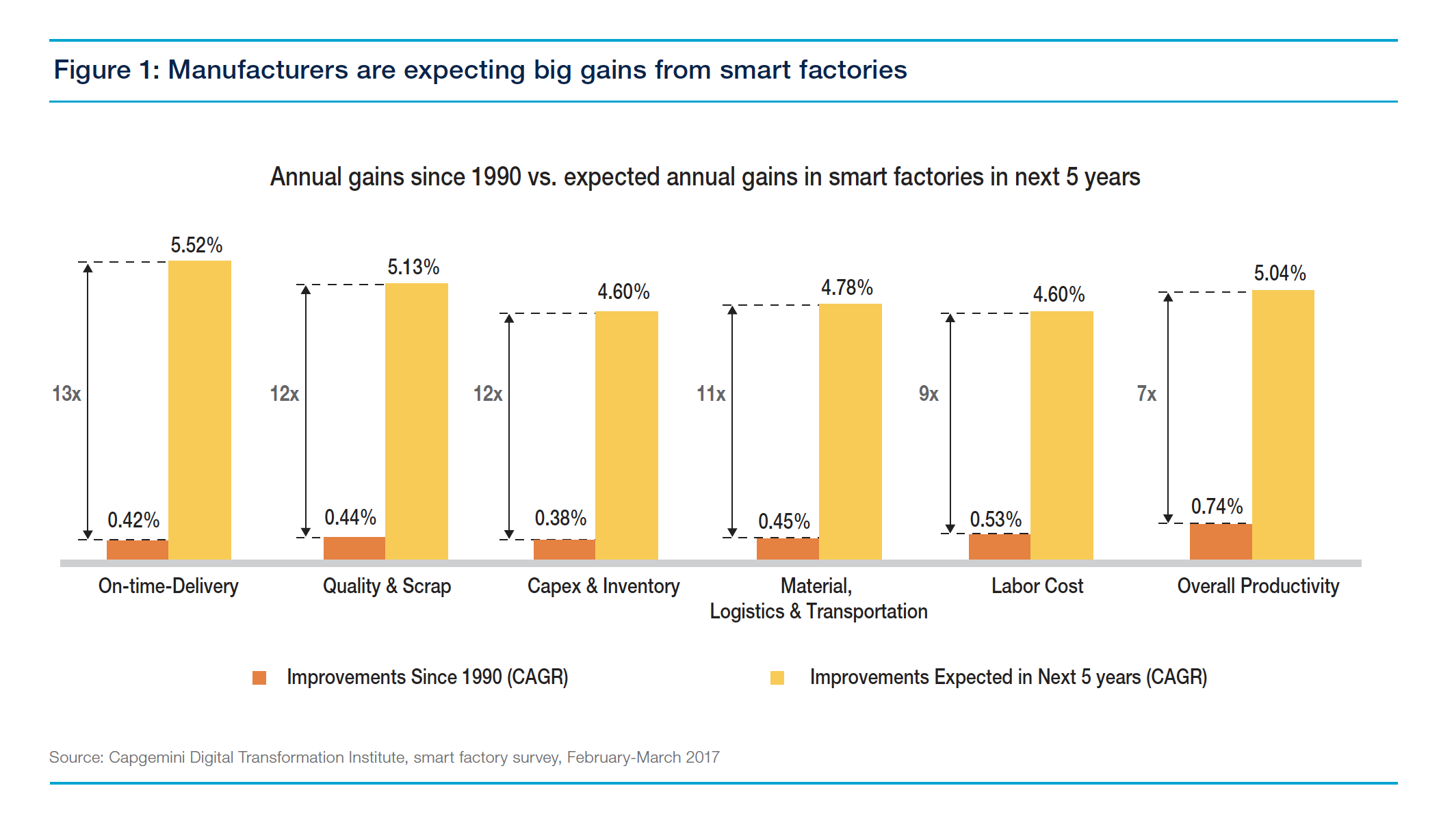In an article published last month writer Isaac Maw asked, "What’s the Promise of the Connected Factory??" Here are five examples based on Maw's research and conversations with industry experts.
Application 1: True Predictive Maintenance
Maw explains that "true predictive maintenance boils down to machine learning analysis, using as many sensor data points as possible, such as vibration, temperatures, currents and voltages." And that, "some machine learning algorithms can accurately predict failure as far as four months or more in advance." Further, he says, "the idea of predictive maintenance systems is to build accurate probability predictions on the data, rather than simply reporting it."
Application 2: Controlling an Operation Remotely
Citing the oil and gas industry, Maw highlights that "with connected devices on board an offshore platform, landlubber subject matter experts can communicate with offshore workers or even operate controls remotely."
Application 3: Improved Internal Collaboration
AVEVA is a multinational engineering and industrial IT company that works with Roy Hill Mining. At Royal Hill working with AVEVA, Maw writes, "Rather than allow each department to operate in silos, stifling collaboration and data access, the company utilized IIoT technology to maximize the collaboration and efficiency of their control center."
Application 4: Artificial Intelligence
Quoting Dr. Richard Soley, Executive Director of the Industrial Internet Consortium (IIC), Maw writes, "'If you don't understand what the data is, no machine learning system is going to fix it for you. You need trained personnel to interpret the input data, as well as the results,to get good use out of machine learning systems.'"
Application 5: Full Digital Transformation
"Digital transformation is more than going paperless or replacing a clipboard with an iPad. Digital Transformation refers to the revamping of a business model to incorporate new digital technologies."
Source + read the whole article.















